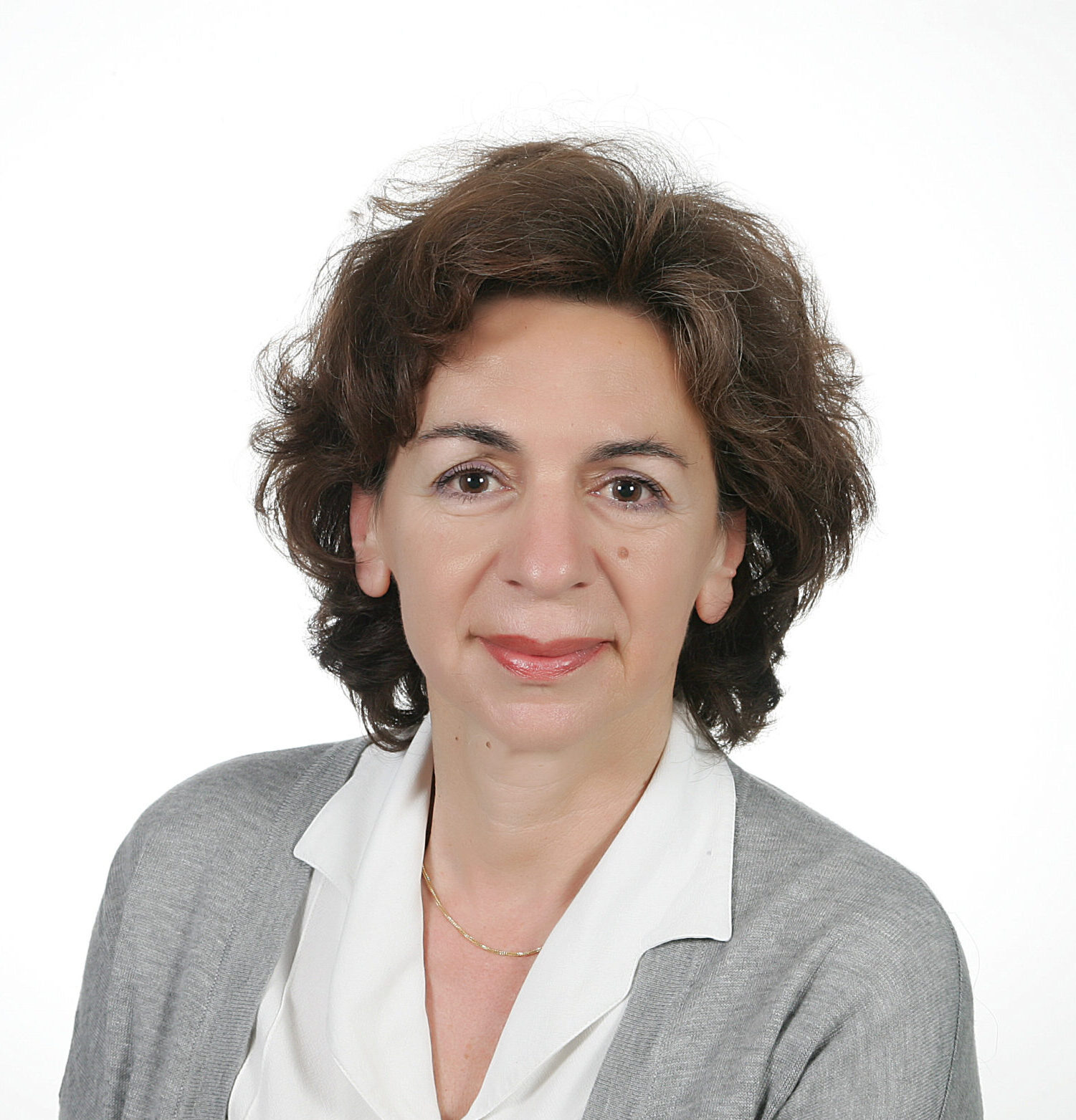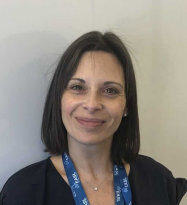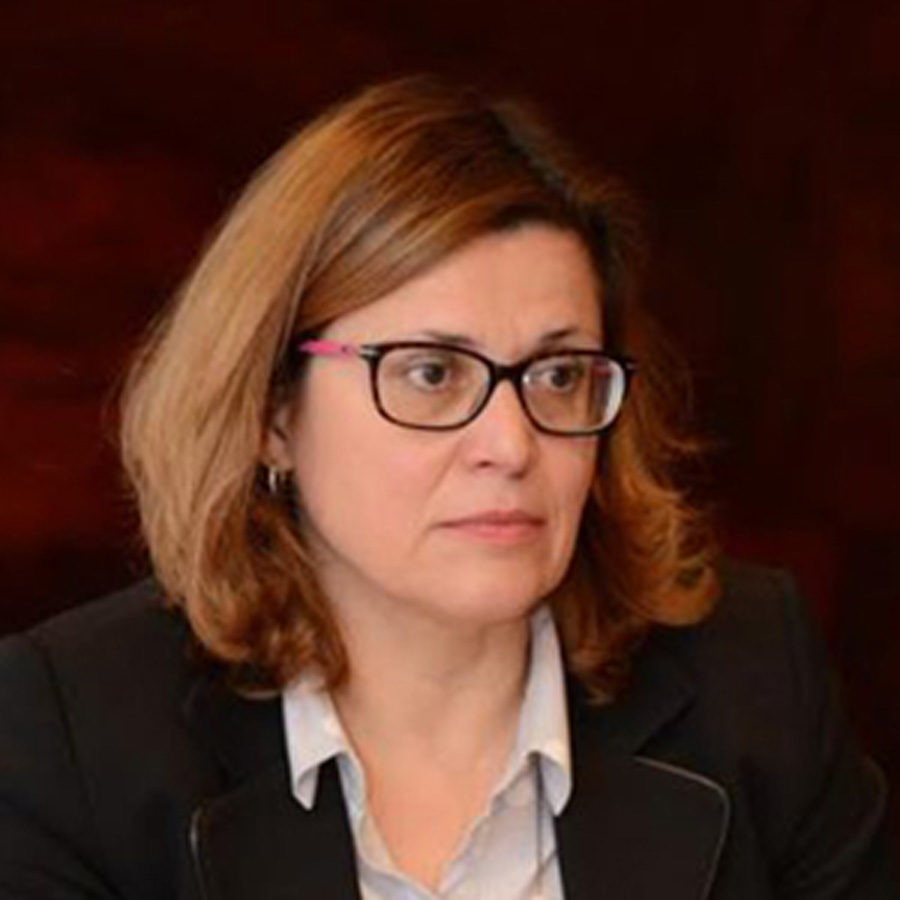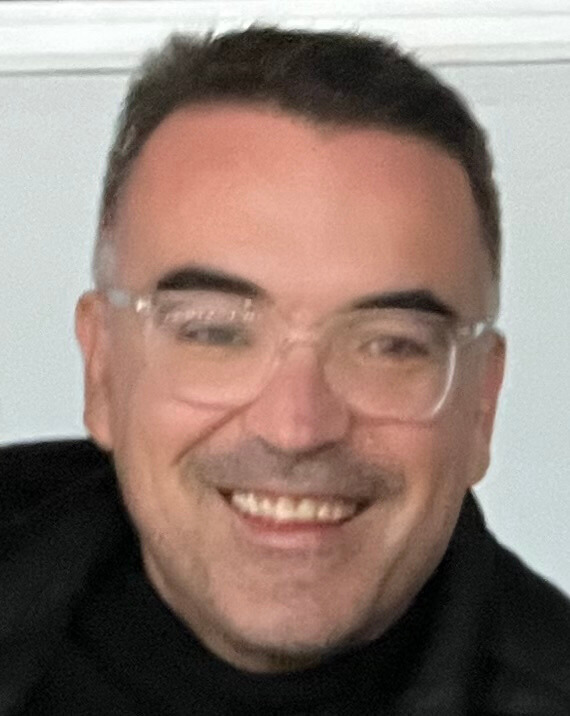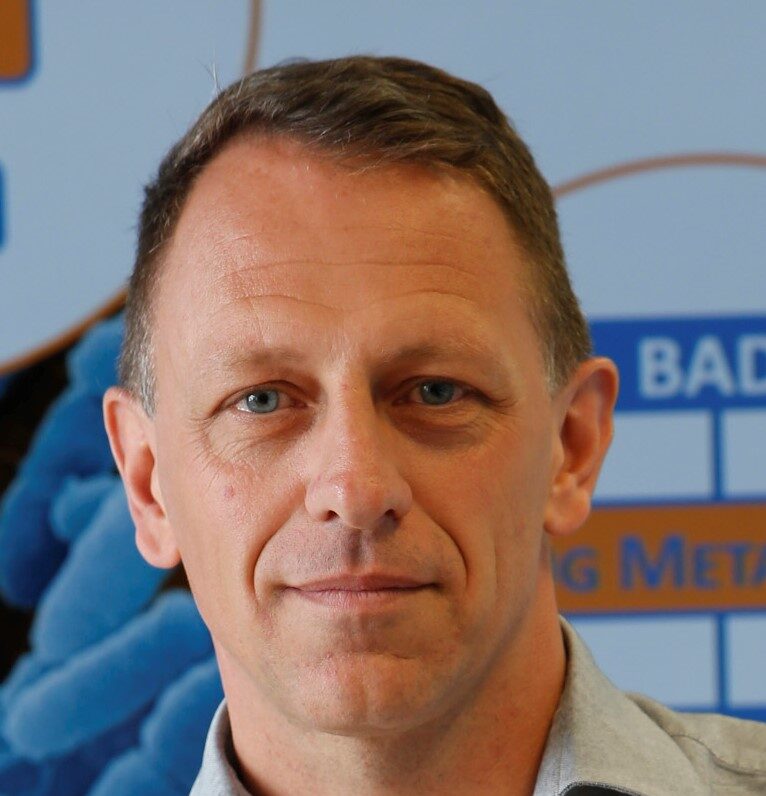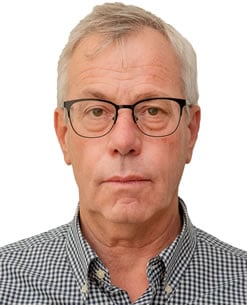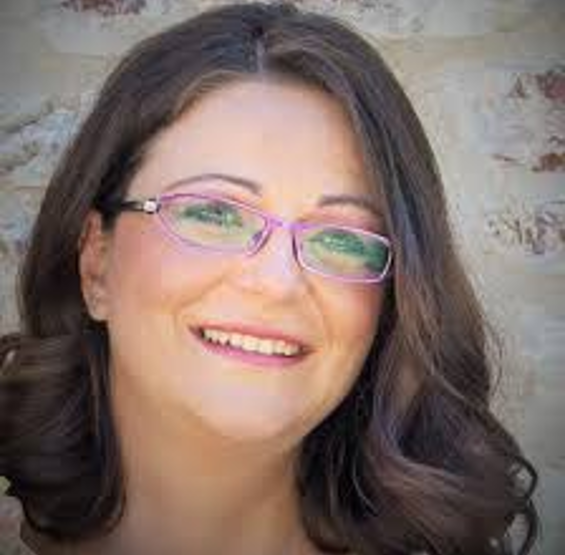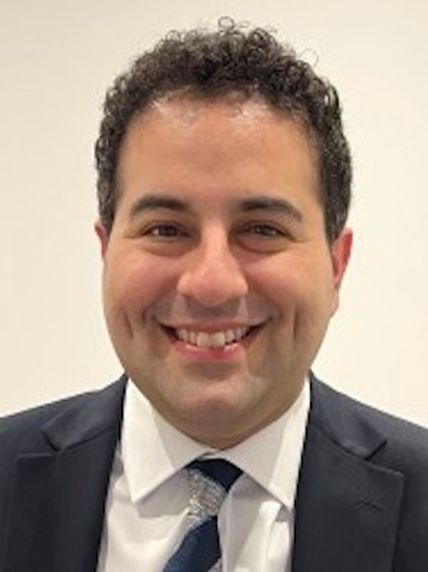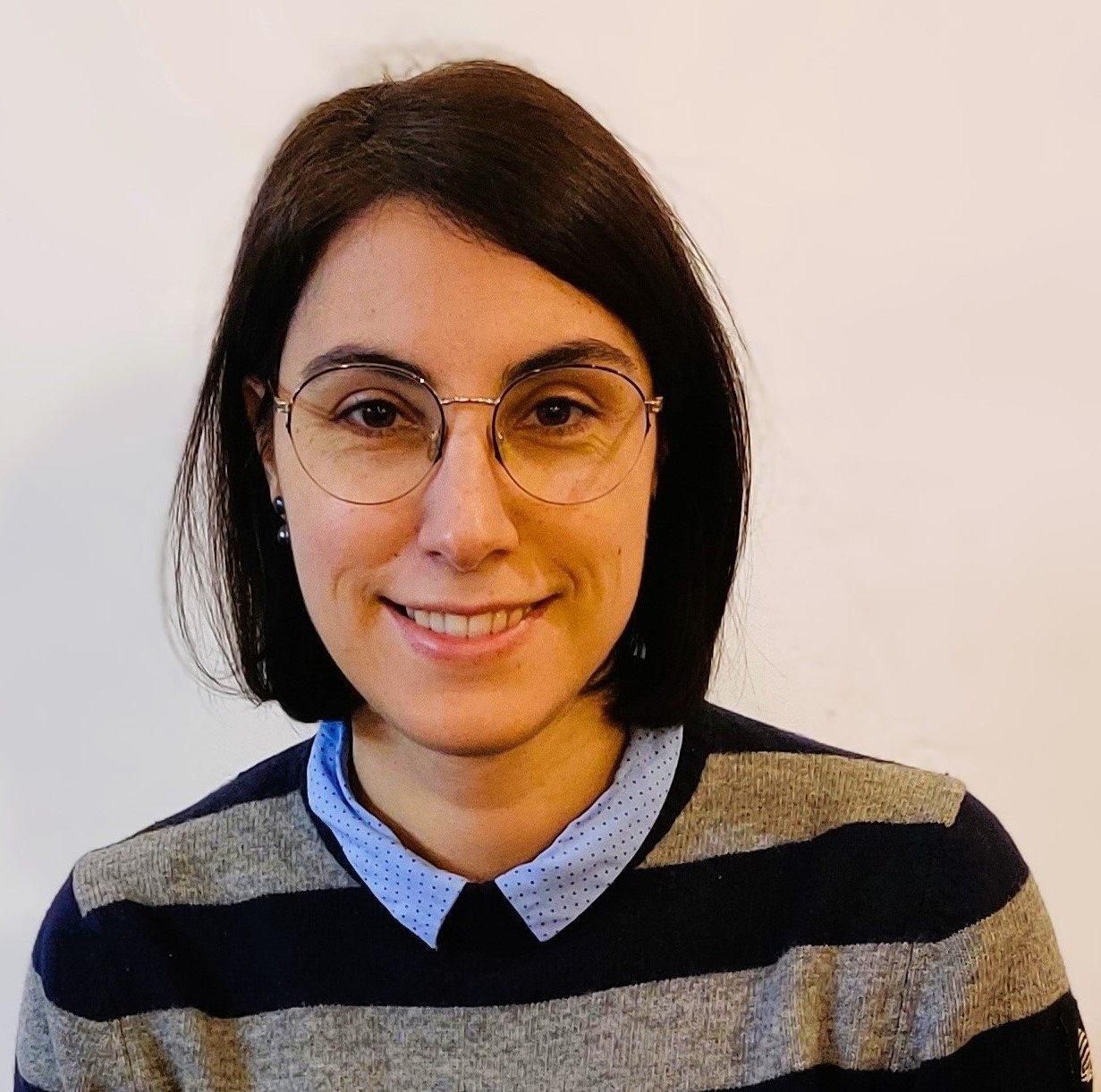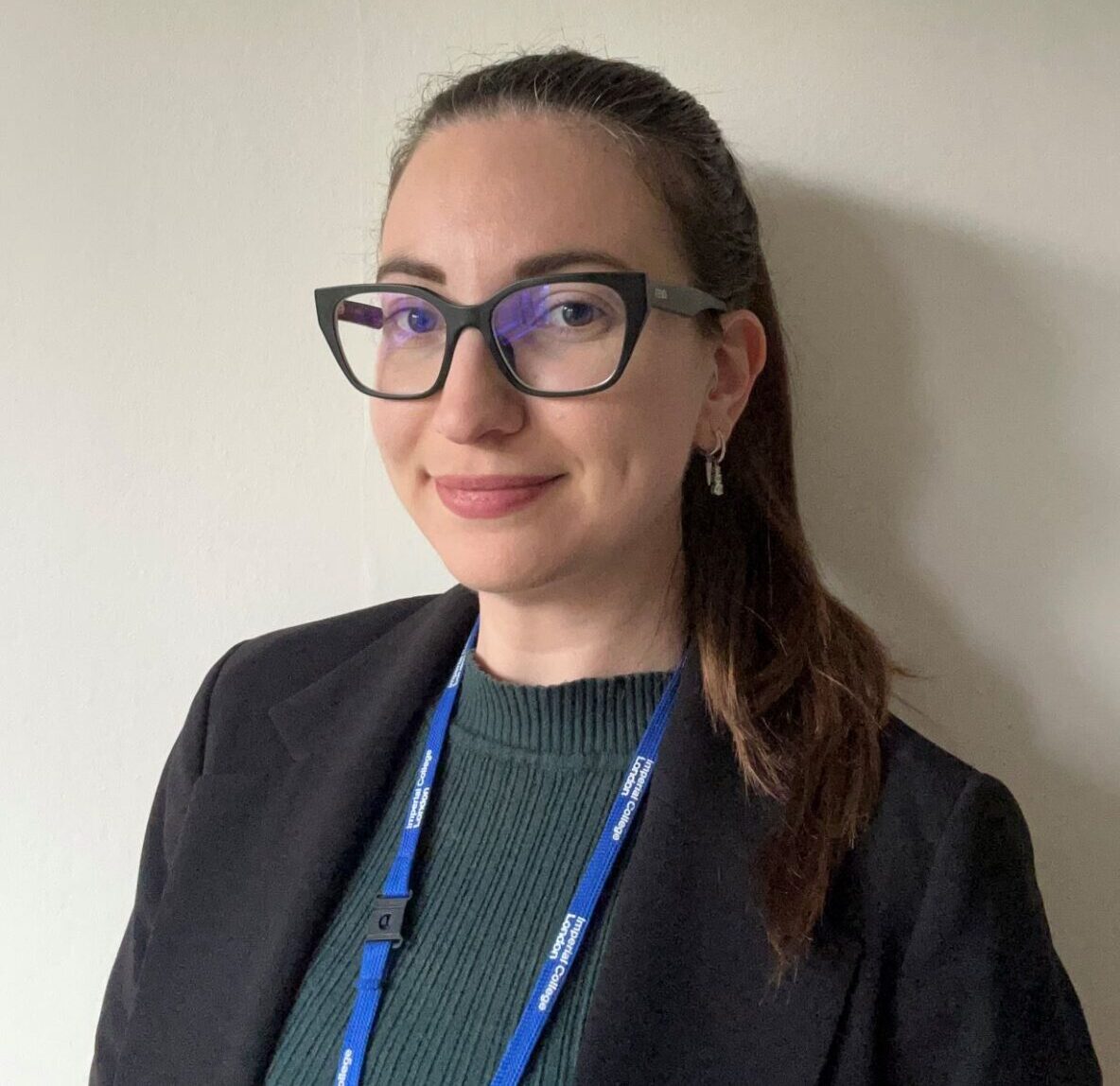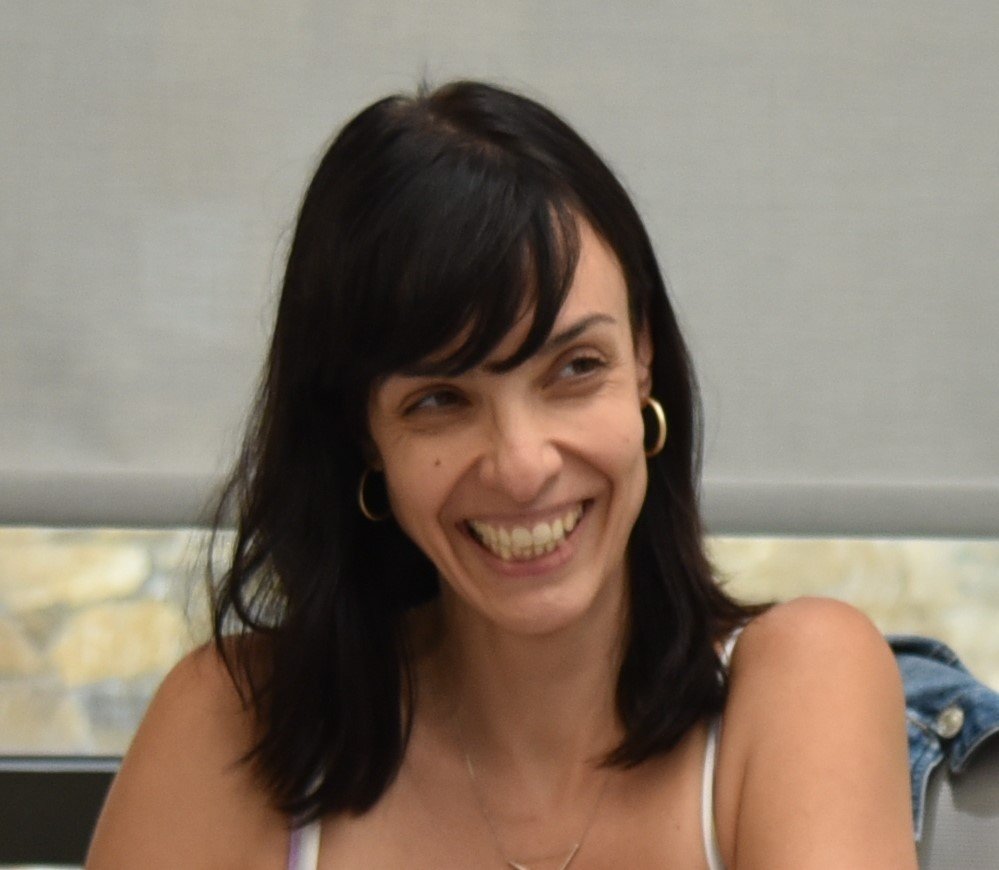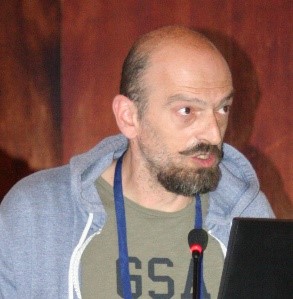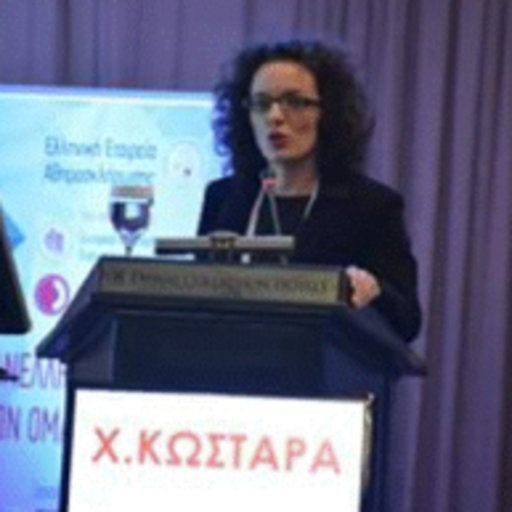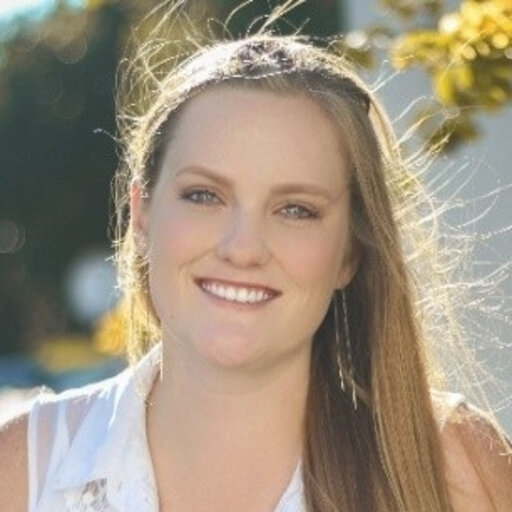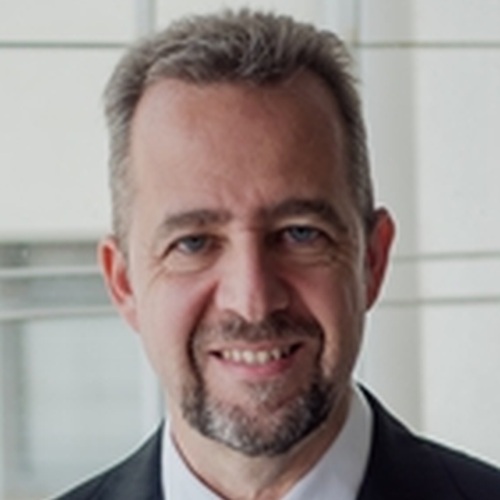Programme
Overview for the Gut Microbiome in Health and Disease Summer School 2025
Overview
Microbiome in Health and Disease Summer School 2025
06–10 September 2025, GALLERY OF THE CYCLADES, Syros, Greece
This summer school is a dedicated educational initiative aimed at expanding knowledge and insights into the intricate world of the gut microbiome and its pivotal role in health and disease. Designed for both new and seasoned professionals, it promises an engaging week of learning.
Academic Excellence
Throughout the week, participants will engage in a series of expert-led lectures, hands-on workshops, and interactive sessions. Topics will range from the fundamental science of the gut microbiome to its impacts on human health, cutting-edge research methodologies, and the latest advancements in microbiome-based therapies.
Collaborative Innovation
The Gut Microbiome in Health and Disease Summer School is a product of the collaboration between the University of Ioannina and Imperial College London. This partnership brings together their expertise in microbiome research, offering a curriculum enriched by diverse perspectives and cutting-edge knowledge. This synergy not only elevates the educational experience but also promotes international research collaboration.
Day 1 – September 6th (Saturday) | Introduction & Fundamentals, Duration [4,5 H]
Start Time: 14:00
| Time | Session | Speaker(s) |
|---|---|---|
| 14:00 – 14:30 | Registration & Welcome | Organising Committee |
| 14:30 – 14:50 | School overview – why microbiome? | Pinelopi Manousou |
| 14:50 – 15:20 | The impact of diet and lifestyle on the microbiome: insight from evidence synthesis | Evangelia Ntzani |
| 15:20 – 15:30 | Questions & answers | |
| 15:30 – 16:10 | Microbiome in Health & Disease | Mark Thursz |
| 16:10 – 16:20 | Questions & answers | |
| 16:20 – 16:50 | Coffee Break | |
| 16:50 – 17:20 | Aerosol Microbiome over the Aquatic Environments. Diversity and Abundance | Ioannis Leonardos |
| 17:20 – 17:50 | The role of Universities in Regional Development | Anna Batistatou |
| 17:50 – 18:00 | Questions & answers | |
| 18:00 – 18:30 | Guided tour of the Museum of Cycladic Art | All Faculty |
| 18:30 – 20:00 | Welcome Party, Drinks | All Faculty |
Day 2 – September 7th (Sunday) | Microbiome in Health & Disease Duration [6,5 H]
| Time | Session | Speaker(s) |
|---|---|---|
| 09:00 – 09:50 | Microbiome and Gastrointestinal Diseases (IBD, IBS) | Nicholas Powell |
| 09:50 – 10:00 | Questions & answers | |
| 10:00 – 10:50 | Microbiome in Cancer and Immunotherapy | Despoina Chrysostomou |
| 10:50 – 11:00 | Questions & answers | |
| 11:00 – 11:30 | Coffee Break | |
| 11:30 – 12:20 | Microbiome and Metabolic Disorders (Obesity, Diabetes) | Isabel Garsia Perez |
| 12:20 – 12:30 | Questions & answers | |
| 12:30 – 13:30 | Lunch Break | |
| 13:30 – 14:10 | Microbiome in Neurological Disorders | Alexia Polissidis |
| 14:10 – 14:20 | Questions & answers | |
| 14:20 – 14:30 | Microbiome-friendly beverage | |
| 14:30 – 15:20 | Microbiome and the Future of Drug Development | George Leondaritis |
| 15:20 – 15:30 | Questions & answers | |
| 15:30 – 16:00 | Coffee Break | |
| 16:00 – 16:50 | Probiotics, Prebiotics | Isabel Garsia Perez |
| 16:50 – 17:00 | Questions & answers | |
| 17:00 – | Free time |
Day 3 – September 8th (Monday) Translational Microbiome Research Duration [7,5 H]
💡 Theme: Clinical Applications & Emerging Trends
| Time | Session | Speaker(s) |
|---|---|---|
| 09:00 – 09:50 | The Human Microbiome: Composition & Function | Julian Marchesi |
| 09:50 – 10:00 | Questions & answers | |
| 10:00 – 10:50 | Bioinformatics and multi-omics | Laura Martinez-Gili |
| 10:50 – 11:00 | Questions & answers | |
| 11:00 – 11:30 | Coffee Break | |
| 11:30 – 12:20 | AI and Machine Learning in Microbiome Research | Laura Martinez Gili / Alexandros Tzallas |
| 12:20 – 12:30 | Questions & answers | |
| 12:30 – 13:30 | Lunch Break | |
| 13:30 – 14:10 | Microbiome today, where are we? | Ben Mullish |
| 14:10 – 14:20 | Questions & answers | |
| 14:20 – 14:30 | Microbiome-friendly beverage | |
| 14:30 – 15:20 | Triangulating nutrigenomics with metabolomics and microbiomics towards personalized nutrition | George Patrinos |
| 15:20 – 15:30 | Questions & answers | |
| 15:30 – 16:00 | Coffee Break | |
| 16:00 – 16:50 | Microbiome Policies – Ethical and Regulatory Considerations. SOHO for faecal microbiota | Julian Marchesi |
| 16:50 – 17:00 | Questions & answers | |
| 17:00 – 17:40 | Metabolomics in Microbiome studies | Panteleimon Takis |
| 17:40 – 17:50 | Questions & answers |
Day 4 – September 9th (Tuesday) | | Hands-On Training Duration [6,5 H]
💡 Theme: Experimental Techniques & Data Analysis in Microbiome Research
| Time | Session | Speaker(s)/Instructors |
|---|---|---|
| 09:00 – 09:30 | Introduction to Hands-On Training | Organisers |
| 09:30 – 12:00 | Station 1: Microbiome Sample Collection & Processing | Lauren Roberts / Despoina Chrysostomou |
| Get practical experience with real-world techniques in microbiome research. At this station, you’ll explore: | ||
| – Sample Types: Stool, saliva, and biopsy—understand their handling and significance. | ||
| – Innovations in Sampling: Explore the use of microbiome capsules—non-invasive, targeted sampling from the gut. | ||
| – Culturing Techniques: Learn how to grow different microbes in the lab—and why some are more challenging than others. | ||
| – Microbial Interactions: Discover how microbes communicate, compete, and cooperate within their ecosystem. | ||
| Whether you’re new to microbiome science or looking to expand your skills, this station offers a dynamic look into the function behind the flora. | ||
| 11:30 – 12:00 | Coffee Break | Organisers |
| 12:00 – 12:30 | How to compile a scientific article | George Patrinos |
| 12:30 – 13:30 | Lunch Break | |
| 13:30 – 16:00 | Station 2: A Culture Within the Culture — The Microbiome of Fermented Foods II | Christina Kostara / Eleni Bairaktari |
| Step into the deliciously complex world of fermented foods and the microbes that make them tick! | ||
| – Explore Traditional Ferments: From yogurt and kefir to sourdough and yeast water—get up close with the live cultures behind your favorite foods. | ||
| – Hands-On Techniques: Learn how to prepare fermented foods on your own and incorporate them into your diet. | ||
| – Microbial Diversity: Discover how these food-based microbes contribute to human health, flavour and preservation. | ||
| A sensory-rich, hands-on session blending science, culture, and cuisine. | ||
| 16:00 – 16:30 | Coffee Break | |
| 16:30 – 18:00 | Station 3: R-code Teaching and Bio-informatics | Alexandros Tzallas / Laura Martinez Gili |
| Unlock the power of data with this interactive introduction to R programming for microbiome research. | ||
| – Hands-On Coding: Learn the basics of R and RStudio through guided exercises — no prior coding experience required! | ||
| – Microbiome Data in Action: Explore real datasets to visualise microbial diversity, abundance, and composition. | ||
| – Critical Thinking with Code: Understand how to interpret bioinformatic outputs in the context of health, environment, and diet. |
Day 5 – September 10th (Wednesday) |
| Time | Session | Speaker(s) / Instructors |
|---|---|---|
| 09:00 – 10:00 | Discussion Panel | All Faculty |
| 10:00 – 10:30 | Wrap-up and future directions | All Faculty |
| 10:30 – 11:00 | Coffee Break | |
| 11:00 – 12:30 | Certification Exams | |
| 12:00 – | Photo | All Faculty |
Meet the Team
Educators
A Team of Renowned Experts Committed to Advancing Your Medical Knowledge and Skills
